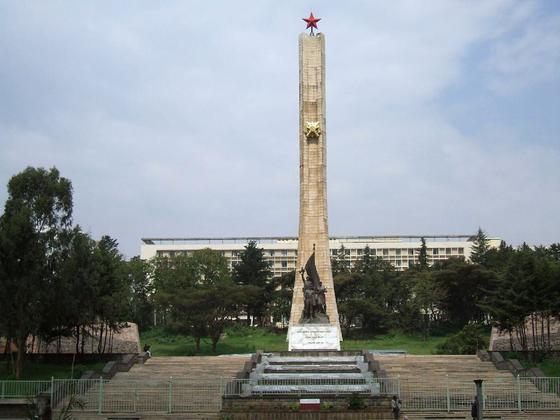Voice of America
3/4/2009
Decades after most countries signed on to global bans of highly toxic chemical agents, North Korea continues to make widespread use of them — putting its people and those of other countries at risk. The North’s self-imposed isolation has kept people there ignorant for decades of the dangers they face. The United Nations is trying to remedy the problem.
United Nations officials say decades of isolating itself has left North Korea ignorant about some of the world’s most dangerous chemicals — and that it is taking a heavy toll.
Craig Boljkovac manages the chemical and waste program for the United Nations Institute for Training and Research.
“The environment-related problems that exist in North Korea, I just have to say right now, I think they’re much more serious than in many other countries in the world,” Boljkevac said.
A team of U.N. envoys managed by Boljkovac is in Pyongyang this week, teaching officials about decades-old global chemical bans Pyongyang ignored completely until just a few years ago. The world body is especially concerned by North Korea’s use of two chemicals, known as DDT and PCBs.
DDT was once a widely used insecticide. American soldiers even sprinkled it in their helmets to kill head lice during World War Two. Adverse health effects caused it to be banned in most countries — but not North Korea.
“So today in the world, DDT is only allowed one use, and that’s to kill the mosquito that carries malaria… But turn the clock back 50 years, and you have North Korea,” Boljkevac said. “They use DDT for everything.”
PCBs are a cooling agent, once critical in power grids to help keep electrical circuits from overheating. Other countries now use much safer chemical alternatives, but Boljkevac says his team has made some unsettling discoveries in the North.
“It looks like there is something on the order of 40,000 metric tons of PCBs in North Korea presently,” Boljkevac said. “And, all you need are a few molecules in your body to cause irreversible harm to your health, or that of your children.”
Boljkevac and his team were not allowed to make a visit to North Korea until 2005. He was struck by the lack of otherwise common chemical knowledge there.
“The look and the feelings of surprise from the officials that we deal with in North Korea, when they realized how harmful these chemicals were — I witnessed them personally, myself,” Boljkevac said. “They were quite stunned.”
Boljkevac says women are especially vulnerable to the effects of toxic chemicals, because they can be stored in fatty tissue and mother’s milk. He also says it is also impossible to confine the dangers of toxic chemical use to North Korean territory.
“North Korea’s problem with these chemicals is the world’s problem,” Boljkevac said. “Once they’re used and released into the environment, they travel all over the world. North Koreans cannot travel outside their country very easily or frequently — these chemicals can, and do, on a daily basis.”
Boljkevac says North Korea is providing his teams with full access and cooperation. He says his job is made easier by the fact that none of the chemicals he is seeking to eliminate have anything to do with weapons production.

